Collaborative Advocacy for Neurodegenerative Disease
At the 2025 Cures Collective Annual Meeting, Julia Pitcher, Head of State Government Relations at the Michael J. Fox Foundation (MJFF), delivered a powerhouse session that lit a fire under the movement to unify advocacy efforts across all neurodegenerative diseases. Her message was clear: if we want to win, we must work together.
The Power of Collective Advocacy
Pitcher opened by sharing her background as a seasoned legislative lawyer who has long championed underdog causes. She made a compelling case for “power in numbers,” arguing that collective advocacy—not disease-specific silos—is the only way to break through political gridlock and secure meaningful investment.
“Why are we not looking at neurodegenerative diseases holistically and together when it comes to federal investments?” she asked.
Pitcher pointed to the success of the National Plan to End Alzheimer’s—now a $3.8 billion federal investment—and contrasted it with the combined funding for Parkinson’s, ALS, Huntington’s, and MS, which still hovers under $700 million. The stark disparity underscored the need for a unified front.
The National Parkinson’s Project: Paused, Not Forgotten
In 2024, the National Plan to End Parkinson’s was signed into law by President Biden and later renamed the National Parkinson’s Project. While some components are mandated to continue, Pitcher acknowledged that it is currently “somewhat on hold” due to administrative changes and staff vacancies within federal agencies like NINDS.
Nevertheless, MJFF and partners are not retreating. They’re recalibrating.
Federal Strategy: “Parity for Parkinson’s and Progress for All”
MJFF is embracing a broader advocacy strategy under the banner “Parity for Parkinson’s and Progress for All.” This includes supporting the Healthy Brains Act, which aims to address multiple neurodegenerative diseases and environmental risk factors. Pitcher emphasized that while MJFF’s mission is centered on Parkinson’s, the Foundation remains committed to collaboration across disease boundaries.
She also stressed the need to speak the language of lawmakers: dollars and cents.
“We have to find cures for these cruel diseases, but let’s look at it in dollars and cents because that’s what some of the audience in DC wants to hear.”
State-Level Advocacy: Incubators of Innovation
State-level initiatives have become testbeds for what could be expanded nationally. Pitcher shared several case studies:
Pennsylvania: A collaborative effort with ALS and Alzheimer’s advocates turned a $5 million Parkinson’s proposal into a $10 million ask for neurodegenerative diseases, securing $3 million last year and another $5 million in the governor’s 2025 budget.
Florida: A chance call from Rep. Demi Busatta Cabrera, whose father was newly diagnosed with Parkinson’s, resulted in legislation creating a Parkinson’s research consortium. Though funding didn’t pass this session, the infrastructure is in place for 2026.
Texas: A game-changing bill known as Senate Bill 5 is poised to invest $3 billion over 10 years in a Dementia, Parkinson’s, and Neurodegenerative Research Institute, modeled after the state’s successful cancer research framework.
“Who would’ve thought Texas would lead in this? But they are. We can’t dismiss opportunities because of assumptions.”
Data: The Missing Piece
During the Q&A, Larry Gifford, President of PD Avengers, raised a crucial question: where can advocates find comprehensive economic data on the cost burden of neurodegenerative disease?
Pitcher acknowledged the data gap.
“There isn’t one place... I think we need to fund our own study. A good report could cost $150K to $500K, but it could be transformational.”
She floated the idea of pooling resources for a multi-disease economic burden study—a shared asset for advocacy.
Building a Movement: What’s Next?
Pitcher encouraged attendees to take advantage of Congressional recesses and state legislative breaks to engage lawmakers through town halls and district meetings. She emphasized that building relationships takes persistence—“seven touches or more.”
MJFF is also preparing for a Parkinson’s National Day of Action and Policy Forum in Washington, DC, starting September 9, 2025, and invites all stakeholders to join.
Final Thoughts: A Call to Unite
Pitcher’s final message was an emotional rallying cry to drop the disease silos and double down on shared advocacy, shared science, and shared funding.
“Let’s not recreate the wheel. Maybe it’s time for a ‘Neurodegenerative Disease Project Act’ that lifts all boats.”
This sentiment echoed in the responses from attendees like Sharon Hall, who said:
“Where have you been all my life? I’ve been banging on doors for 10 years trying to break these silos.”

